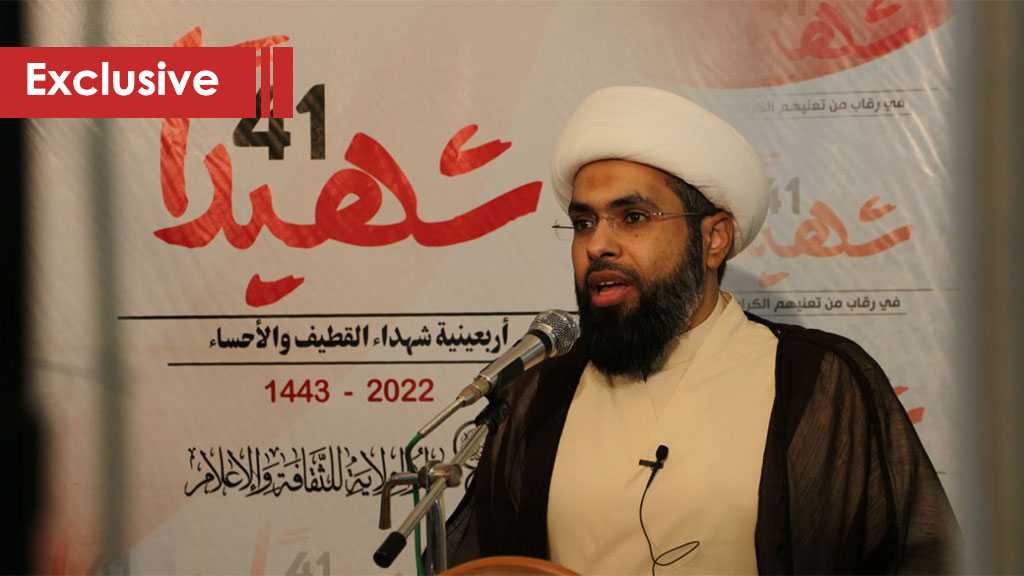
40 Days after Saudi Mass Executions, Who Serves Justice?

By Staff
The Opposition Group in the Arabian Peninsula marked on Monday the 40th anniversary of the martyrdom of 41 Shia activists who were brutally beheaded by the Saudi regime for fabricated crimes only because of their participation in peaceful demonstrations across the kingdom.
Held in the Iranian city of Qom, the event included a memorial session for the martyrs, then member of the Opposition Group in the Arabian Peninsula, Sheikh Jassem, delivered a speech in which he said that this massacre is the biggest in term of numbers.
He then explained that in particular, the biggest share of those different security executions targets the Shia population in the Arabian Peninsula, only because they are leading the activism to change and reform the political and social reality.

Sheikh Jassem further stressed that those activists were using a civilized manner based on holding peaceful demonstrations, and raising the legitimate popular demands, adding the unfolding events are a continuation of the accumulative historic course of confronting injustice and oppression.
On March 12th, Saudi Arabia has executed 81 prisoners in a single day over alleged ‘terror-related offenses,’ in the largest mass execution carried out by the highly-conservative Arab kingdom in recent memory.

Half of the executed prisoners are political prisoners who have been detained years ago for their participation in peaceful rallies against the Saudi regime, and they come from the highly Shia-populated eastern regions of Qatif and Ahsaa.
The 41 martyrs who exercised their supposedly legitimate right to express their opinion and demand justice and equality in their country, were gathered in a same list with ‘terror’ cases to deceive the local and international public opinions that the punishment was based on ‘terror’ charges.
Added to the bloody crime, the Saudi intelligence apparatus banned the families of the 41 martyrs from holding memorial ceremonies; not even to create a WhatsApp group to receive messages of condolences. The Saudi regime’s intelligence further threatened them not to speak up at all.
In the kingdom of reversed standards, who serves justice? And who compensate the undue losses of the families of the victims?
Comments
- Related News



